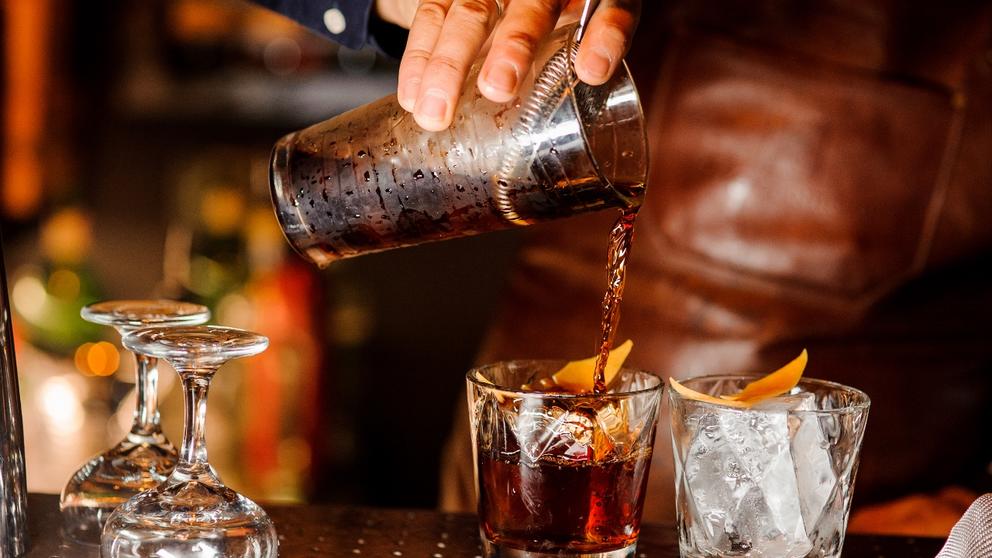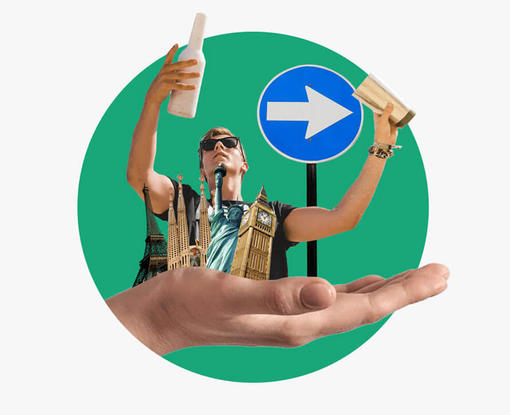A question that people often ask themselves today is, ‘do I need any kind of certification or qualification to achieve my goal’? While on the one hand, it seems to be that industries are becoming increasingly regulated so there is more call for standardised training, there are also a growing number of individuals taking the initiative to self-educate and evade the traditional qualification approach.
When it comes to bartending, in the past there wasn’t any kind of certificate offered to bartenders in the same way that there is for the different grades of chefs and others working in food preparation. But the world is very different to the way it was as recently as twenty years ago, so could it be the case that views on bartender training need to be reconsidered?
Current Requirements
In the UK, the only legal requirements for establishments to serve alcohol is that there is a premises license along with a designated premises supervisor who also has a personal license to authorise the sale of alcohol. Laws are slightly different in Scotland, where all bar staff are required to have a minimum of two hours training on alcohol licensing legislation before they start working. License holders are also required to ensure that all bar staff receive all the necessary health and safety training in order to work in accordance with regulations.
Aside from these considerations, bartenders do not need any further training from a legal point of view, though of course sensible employers will encourage their staff to improve their working knowledge and skills by undergoing training which may be beneficial for both the employee and employer, not to mention the guests.
Around the World
Though America has a long tradition of bartending that goes back long before Prohibition, there remains to be a national bartending license, although laws vary from state to state. The Training for Intervention Procedures (TIPS) is a nationwide training that is required in some states, though other states have their own equivalent of this, and depending on the state, it may be enforced at the license holder’s discretion. In New York State, for example, the Alcohol Training and Awareness programme is encouraged but bars are not obliged to ensure that their staff receive training.
In Australia, bartenders and anyone working around alcohol, will need to become familiar with the Responsible Service of Alcohol (RSA), which relates to the effects and content of alcohol and responsible serving.
Reasons to Become Certified

So aside from training and certificates that are more concerned with health and safety or legal aspects, where does this leave the aspiring bartender serious about furthering their opportunities in a profession that would seem to have no specific standard mark of ability?
There are a number of schools that offer training courses in bartending but without any pressing legal requirements, or recognised conventions of certification, how can such a course be of benefit to your career?
Firstly, because it will improve your employment prospects, especially for finding jobs in high-end bars where bartending is a skilled profession. For this reason, bartending courses find the endorsement of job agencies such as Reed or Indeed.com, and even universities, such as Columbia, offer their own bartending training.
On-the-job training is not something bars can always afford to offer, so while newbies working at a regular bar may learn a few new things, it’s unlikely they will have the chance to progress very quickly in the world of bartending.
The world is becoming more and more service-orientated and precise when it comes to bartending, so training is certainly useful for those hoping to learn more about the trade. But qualifications may not necessarily be accepted, and as exclusive lounge manager Sal Rozenburg told Fox News in an interview on bartending courses, “We don’t require (a diploma), we look at experience. With that said, if you have the certificate and the right experience, great”.
So, as any qualification may not be universally recognised, it’s more important to focus on what is actually learnt, and the skills that enable you to become a bartender, rather than a piece of paper.
European Bartender School offers a range of courses of different lengths at locations around the world, including the 4-week International Bartender Course on which you can learn from the hands-on experience of making cocktails in a bar environment from experienced professionals. A prestigious organisation with a widespread network, the European Bartender School carries a mark of quality with its name, along with the assurance of excellent training.
Conclusion
So in answer to the original question, do you need any kind of training in order to become a competent bartender? Probably not. But could it be a good idea, provided that you choose a reputable bartending school? Absolutely. There’s no better way to kick off a career in bartending than with a sound and clear introduction to the rudiments, along with the useful concepts and skills that will pave your way to success.

